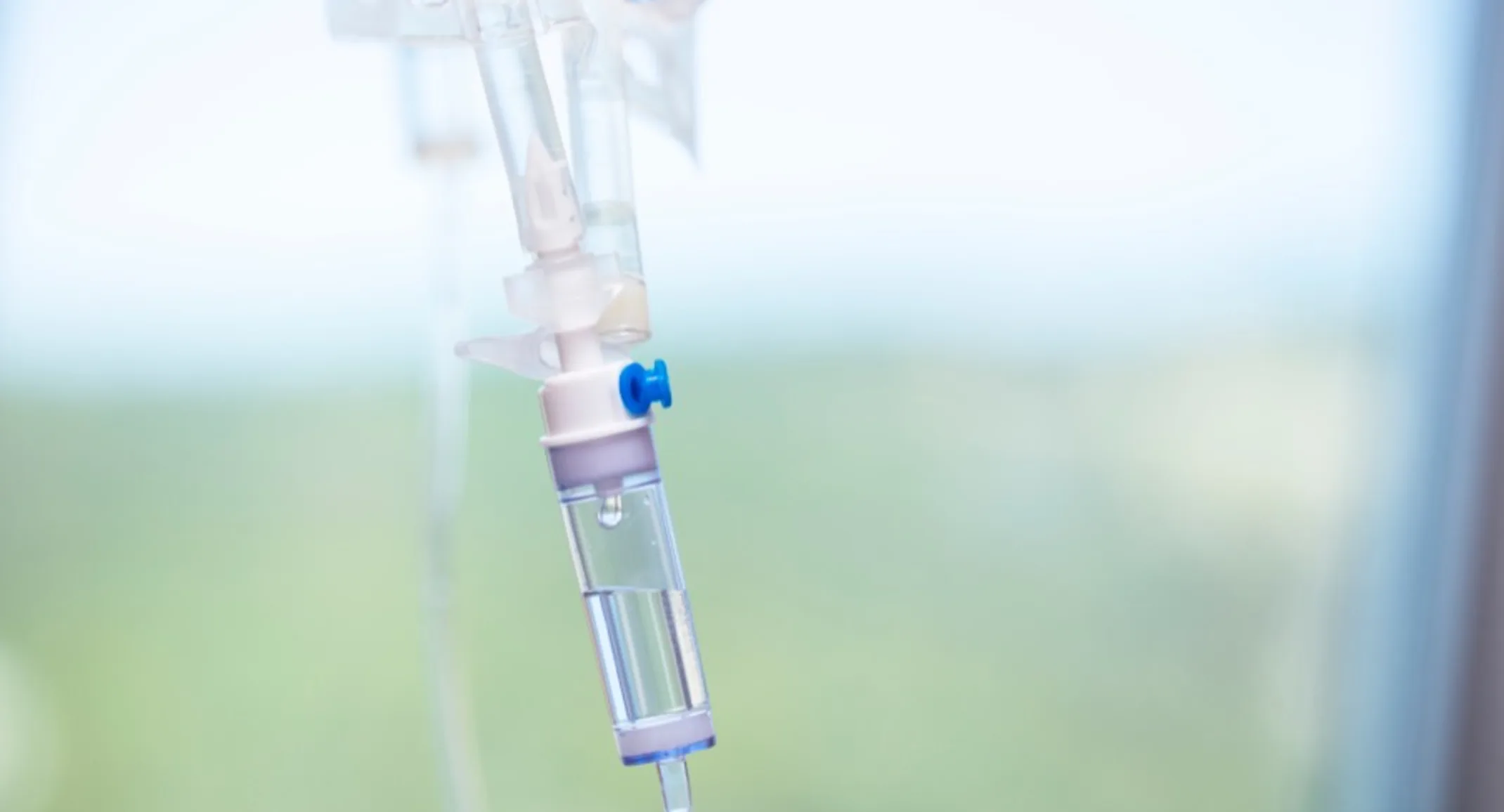What Is an Animal Blood Bank?
General

MAY 29, 2019
Most people are aware that humans can receive blood transfusions, but they may not know that a pet’s life can also be saved by the gift of blood. An animal blood bank collects blood from donor dogs and cats, and stores the blood for pets who need a transfusion. The collected blood is stored whole or separated into different components, such as plasma, packed red blood cells, or platelets, that can be used individually as needed. Some blood products are stored in a refrigerator, while others are kept frozen so they are available for a longer time. The storage refrigerator is used only for blood products, and its temperature is closely regulated to stay within a specific range for proper blood preservation.Red Bank Veterinary Hospital in Tinton Falls is home to the Wyatt Goldthwaite Veterinary Blood Bank, which is named after a client’s beloved dog who received many life-saving blood transfusions during his battle with cancer. Our blood bank stores blood products so they are available for pets at a moment’s notice.
WHICH PETS BENEFIT FROM A BLOOD TRANSFUSION?
Blood is vital to your pet’s health because it carries oxygen and nutrients throughout his body. Any time a pet suffers blood loss, blood cell destruction, or insufficient blood production, his life is at risk. A blood transfusion supplements a pet’s blood volume until he can produce more blood himself and replenish the deficit. Pets who can benefit from a blood transfusion include those who:
Have lost a significant volume of blood from a trauma, such as a car accident
Have immune-mediated hemolytic anemia (IMHA), a condition where a pet’s immune system destroys its own red blood cells
Have immune-mediated thrombocytopenia (ITP), a condition where a pet’s immune system destroys its own platelets, causing excessive bleeding
Have a bleeding disorder that causes a significant blood loss
Have a bone marrow disorder that interferes with normal blood cell production
HOW IS PET DONOR BLOOD SUPPLIED?
Blood products stored at our blood bank are graciously provided by donor cats and dogs. The donors must be:
Between 1 and 7 years of age
A minimum of 50 pounds for dogs and 10 pounds for cats
Spayed or neutered
Up-to-date on vaccinations
Current on heartworm, flea, and tick prevention (dogs only)
Housed indoors (cats only)
Donor pets visit our hospital routinely to provide blood, and we shower them with love and treats to thank them for their gift of life. We base the amount of blood we take on the animal’s weight. The blood is collected in a special bag, which takes less than 10 minutes, and is then separated into packed red blood cells that we refrigerate and plasma that we freeze. Collected blood is also tested to determine its blood type.
ARE PET BLOOD TRANSFUSIONS SAFE?
The two problems most likely to result from a blood transfusion are disease transmission and a transfusion reaction, but the complication risk is low due to our careful screening and blood typing. Every pet who donates blood to the Wyatt Goldthwaite Veterinary Blood Bank is thoroughly examined and extensively screened to ensure they are free of diseases that could be transmitted to blood recipients. Blood typing is performed on every donor and recipient to reduce the likelihood of a transfusion reaction.
Animals have blood types similar to humans. Cats have two major blood types, A and B, although type AB is occasionally observed. Cats can only receive transfusions of their own blood type and may have a severe reaction if the wrong type is administered. Dogs have at least six blood types, known as dog erythrocyte antigens (DEA). Dogs are less likely than cats to have a reaction, but they should still be tested. Cross-matching is an advanced form of testing that can also reduce the chance of a reaction.
HOW IS A PET BLOOD TRANSFUSION PERFORMED?
Blood is transfused similarly to intravenous (IV) fluids. We place an IV catheter in the recipient and connect a bag of packed red blood cells or plasma to the catheter. Blood is administered while we carefully monitor the recipient for signs of a reaction throughout the transfusion, as well as afterward, to ensure a safe experience.
Blood transfusions save lives, and we are fortunate to have a blood bank to help New Jersey pets. If you have questions about the life-saving benefits of a blood transfusion or about the Wyatt Goldthwaite Veterinary Blood Bank, contact us.
